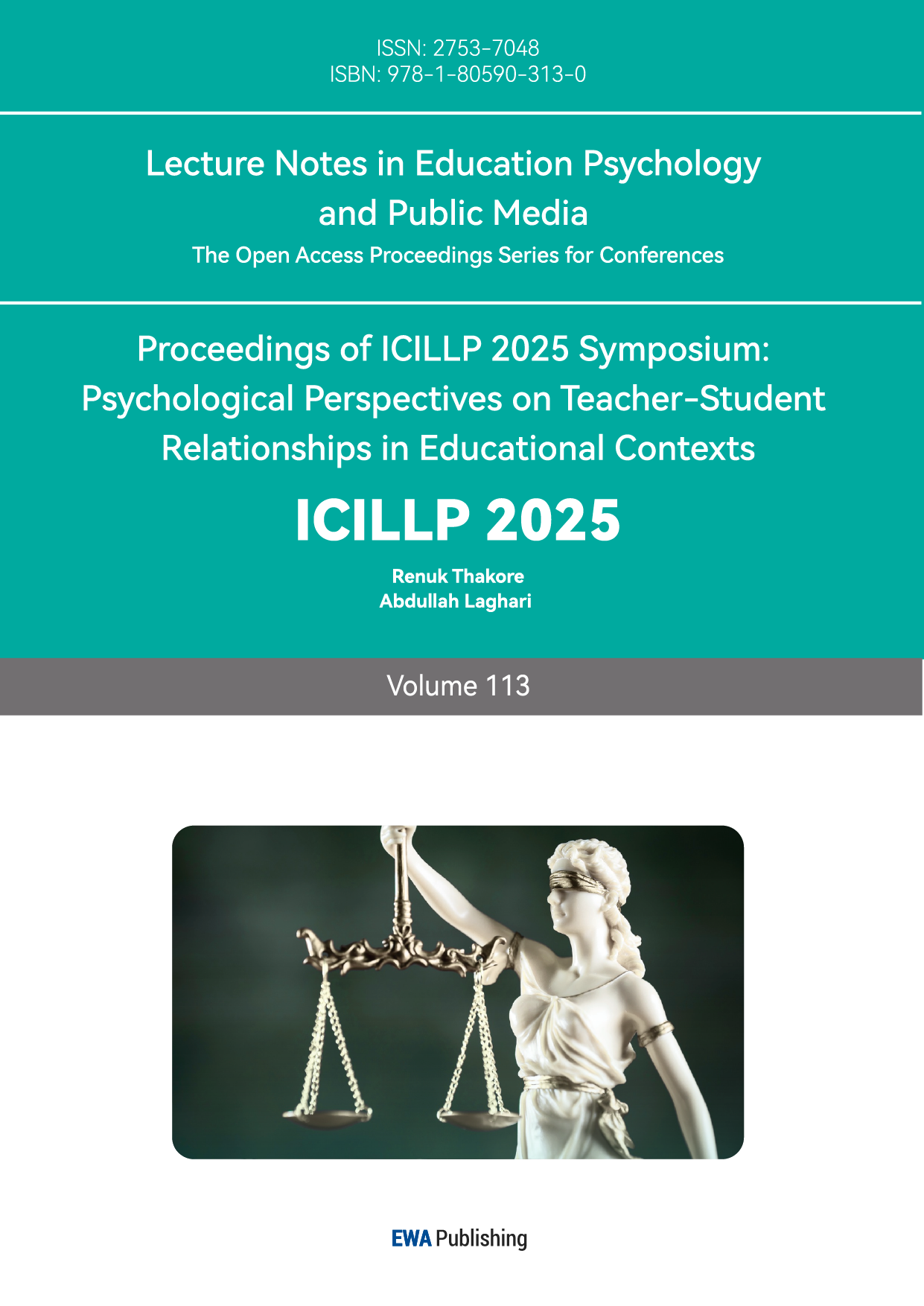References
[1]. Gamage, K. A., Dehideniya, S. C. P., Xu, Z., & Tang, X. (2023). ChatGPT and Higher Education Assessments: More Opportunities than Concerns? Journal of Applied Learning & Teaching, 6(2).
[2]. Janpla, S., & Piriyasurawong, P. (2020). The Development of an Intelligent Multilevel Item Bank Model for the National Evaluation of Undergraduates. Universal Journal of Educational Research, 8(9), 4163-4172.
[3]. Samarakou, M., Fylladitakis, E. D., Karolidis, D., Fruh, W. G., Hatziapostolou, A., Athinaios, S., & Grigoriadou, M. (2016). Evaluation of an Intelligent Open Learning System for Engineering Education. Knowledge Management & E-Learning: An International Journal, 8, 496-513.
[4]. Escotet, M. Á. (2023). The Optimistic Future of Artificial Intelligence in Higher Education. Prospects.
[5]. Daniel, B. (2014). Big Data and Analytics in Higher Education: Opportunities and Challenges. British Journal of Educational Technology, 46(5), 904-920.
[6]. Susnjak, T. (2022). ChatGPT: The End of Online Exam Integrity? arXiv preprint arXiv: 2212.09292.
[7]. Michel-Villarreal, R., Vilalta-Perdomo, E., Salinas-Navarro, D. E., Thierry-Aguilera, R., & Gerardou, F. S. (2023). Challenges and Opportunities of Generative AI for Higher Education as Explained by ChatGPT. Education Sciences, 13(9), 856.
[8]. Sok, S., & Heng, K. (2023). ChatGPT for Education and Research: A Review of Benefits and Risks. Cambodian Journal of Educational Research, 3(1), 110-121.
[9]. Bourdieu, P. (1986). The Forms of Capital. In Richardson J., editor. (Ed.), Handbook of Theory and Research for the Sociology of Education, 241-258.
[10]. Hardman, P. (2023). Veto, Bypass or Flip? https: // drphilippahardman.substack.com/p/vetoing-bypassingand-flipping
[11]. Sok, S., & Heng, K. (2023). Opportunities, Challenges, and Strategies for Using ChatGPT in Higher Education: A Literature Review. Journal of Digital Educational Technology, 4(1), ep2401.
[12]. Baker, T., & Smith, L. (2019). Educ-AI-Tion Rebooted? Exploring the Future of Artificial Intelligence in Schools and Colleges.



